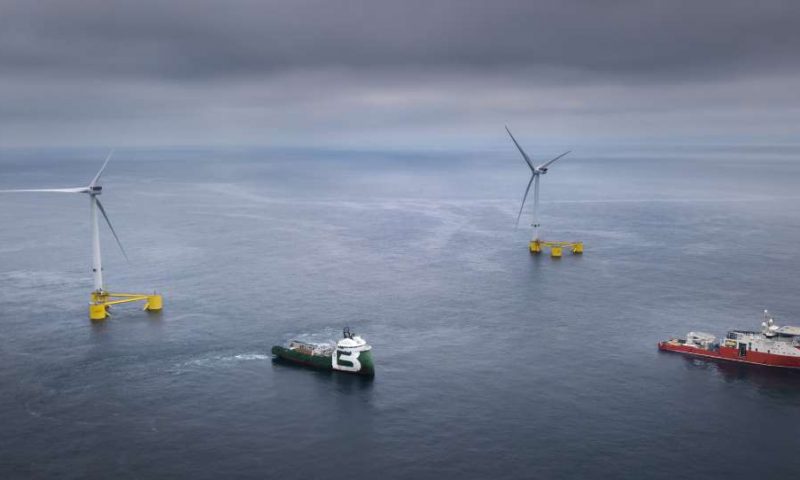
Wood Commits to 40% Reduction in Carbon Emissions by 2030
Wood, the global engineering and consultancy company, announced its pledge to set a science-based target to reduce its scope 1 and 2 greenhouse gas emissions by 40% by 2030. This absolute reduction target is set using 2019 figures as a baseline (1).
The company will formally submit its targets to the Science Based Targets Initiative (SBTi), a globally recognised body that champions ambitious corporate climate action. Wood’s target will put the company on a trajectory well beyond the 2-degree Celsius temperature goal identified by the Paris Agreement, as it continues to take action to reduce its carbon footprint.
Wood’s commitment to these targets ensures the company is accountable for minimising its own environmental footprint in addition to the technical solutions it provides to clients. This work covers wind, solar, carbon capture and storage, hydrogen and waste to energy, as well as solutions to help oil, gas and chemicals clients achieve their own decarbonisation targets. It also includes work in the built environment, designing, planning and delivering sustainable and less carbon intensive infrastructure, as cities continue to grow.
To achieve its commitment to a low carbon future, Wood will focus on global efficiencies including minimum standards to reduce carbon intensity from its sites, equipment and vehicle use, the increased utilisation of renewable energy sources and more sustainable procurement policies.
Robin Watson, Chief Executive, Wood said: “Wood is signalling a clear commitment to lower our carbon footprint in the next 10 years to support greenhouse gas emissions reduction targets.
“As a member of the United Nations Global Compact and a long-standing contributor to CDP Climate Change, we believe in the importance of setting science-based carbon reduction targets. Working with our partners, our people and our communities we will build a lower carbon world that enables sustainable growth for future generations.
“As well as setting targets for Wood, we see a key role for our business in the global energy transition journey, applying our technical expertise and trusted experience to support the decarbonisation commitments of companies and governments in a range of industries.”
The SBTi is a collaboration between CDP, the United Nations Global Compact, World Resources Institute and the Worldwide Fund for Nature, and one of the We Mean Business Coalition commitments.
(1) The baseline figure being used is 179,587 tonnes CO2e representing the scope 1 and 2 carbon contribution from Wood’s controlling interest activities.













